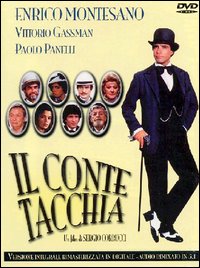
The House of Orsini is an Italian noble family that was one of the most influential princely families in medieval Italy and Renaissance Rome. Members of the Orsini family include five popes: Stephen II (752–757), Paul I (757–767), Celestine III (1191–1198), Nicholas III (1277–1280), and Benedict XIII (1724–1730). The family also included 34 cardinals, numerous condottieri, and other significant political and religious figures.

Vittorio Gassman, popularly known as Il Mattatore, was an Italian actor, director, and screenwriter.

Giovanni "Ninetto" Davoli is an Italian actor who became known through his roles in several of Pier Paolo Pasolini's films.

The House of Ruspoli is historically one of the great aristocratic families of Rome, but is originally from Florence. Following World War II and the fall of Fascism, the newly established Italian Republic officially abolished titles and hereditary honours in its 1946 Constitution, with the exception of the papal nobility of Rome, as those titles had been created by papal authority.
Gianluca (John) Attanasio is a British-Italian singer-songwriter, composer, record producer, screenwriter, film director, photographer and journalist.
Caro maestro (Dear teacher) is an Italian television comedy series which aired from 1996 to 1997 on Canale 5. The series follows Stefano Giusti (Marco Columbro), a bus driver who is allowed to teach at Forte dei Marmi elementary school in which he was raised. There, he meets and falls in love with Elisa (Elena Sofia Ricci), teacher and director of the school, with whom he used to date.
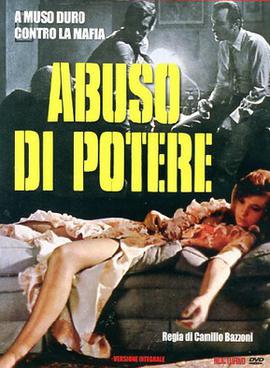
Abuso di potere is a 1972 Italian crime film directed by Camillo Bazzoni. The film, despite the original plot, contains several references to actual events, such as the killing of journalist Mauro De Mauro.

An Adventure of Salvator Rosa is a 1939 Italian historical adventure film directed by Alessandro Blasetti and starring Gino Cervi, Luisa Ferida and Rina Morelli. It is set in seventeenth century Naples, then occupied by Spain, where a famous artist celebrated for his paintings of the rich leads a double life as a secret defender of the poor and oppressed.
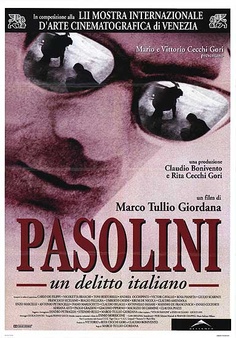
Pasolini, un delitto italiano, internationally released as Who Killed Pasolini?, is a 1995 Italian crime-drama film co-written and directed by Marco Tullio Giordana. It was released on 3 July 1996. It depicts the trial against Pino Pelosi, who was charged with the murder of artist and filmmaker Pier Paolo Pasolini.

Palermo - Milan One Way is a 1995 Italian crime-action film directed by Claudio Fragasso.

Anita Durante was an Italian actress.

The Charterhouse of Parma is a 1948 French-Italian historical drama film directed by Christian-Jaque and starring Renée Faure, Gérard Philipe and Maria Casarès. It is based on the 1839 novel of the same name by Stendhal. The film's sets were created by the art directors Jean d'Eaubonne and Ottavio Scotti and the costumes were designed by Georges Annenkov. The film was made at the Cinecittà Studios in Rome while location shooting took place in Italy around Milan and Lake Como.
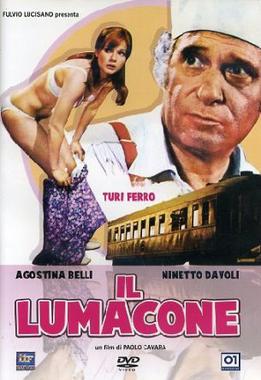
Il lumacone is a 1974 Italian comedy-drama film directed by Paolo Cavara.
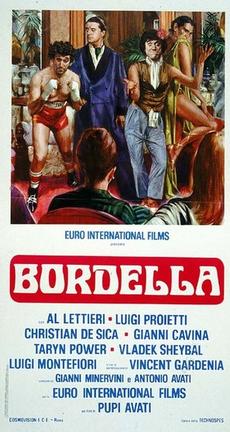
House of Pleasure for Women is a 1976 satirical comedy film written and directed by Pupi Avati and starring Gigi Proietti, Christian De Sica, Gianni Cavina, Al Lettieri and Vincent Gardenia.

The Passi de Preposulo family is an ancient Italian noble family originally from Bergamo, Lombardy.

La vita è una cosa meravigliosa is a 2010 Italian comedy film directed by Carlo Vanzina.

The Cesi family is an Italian noble family which belonged to the high aristocracy of Rome and the Papal States.
